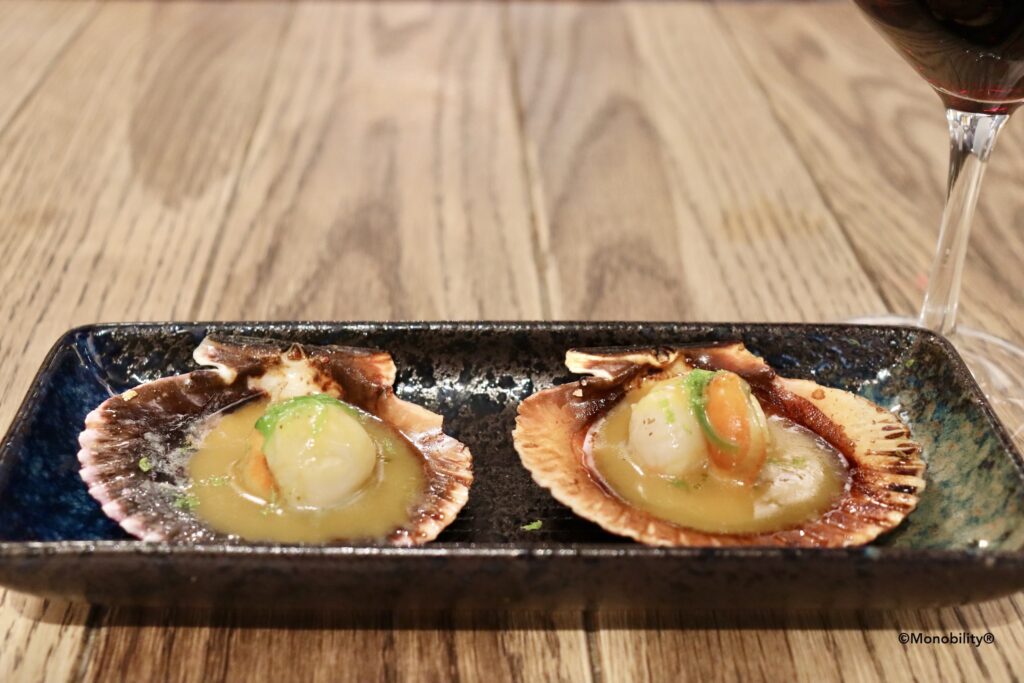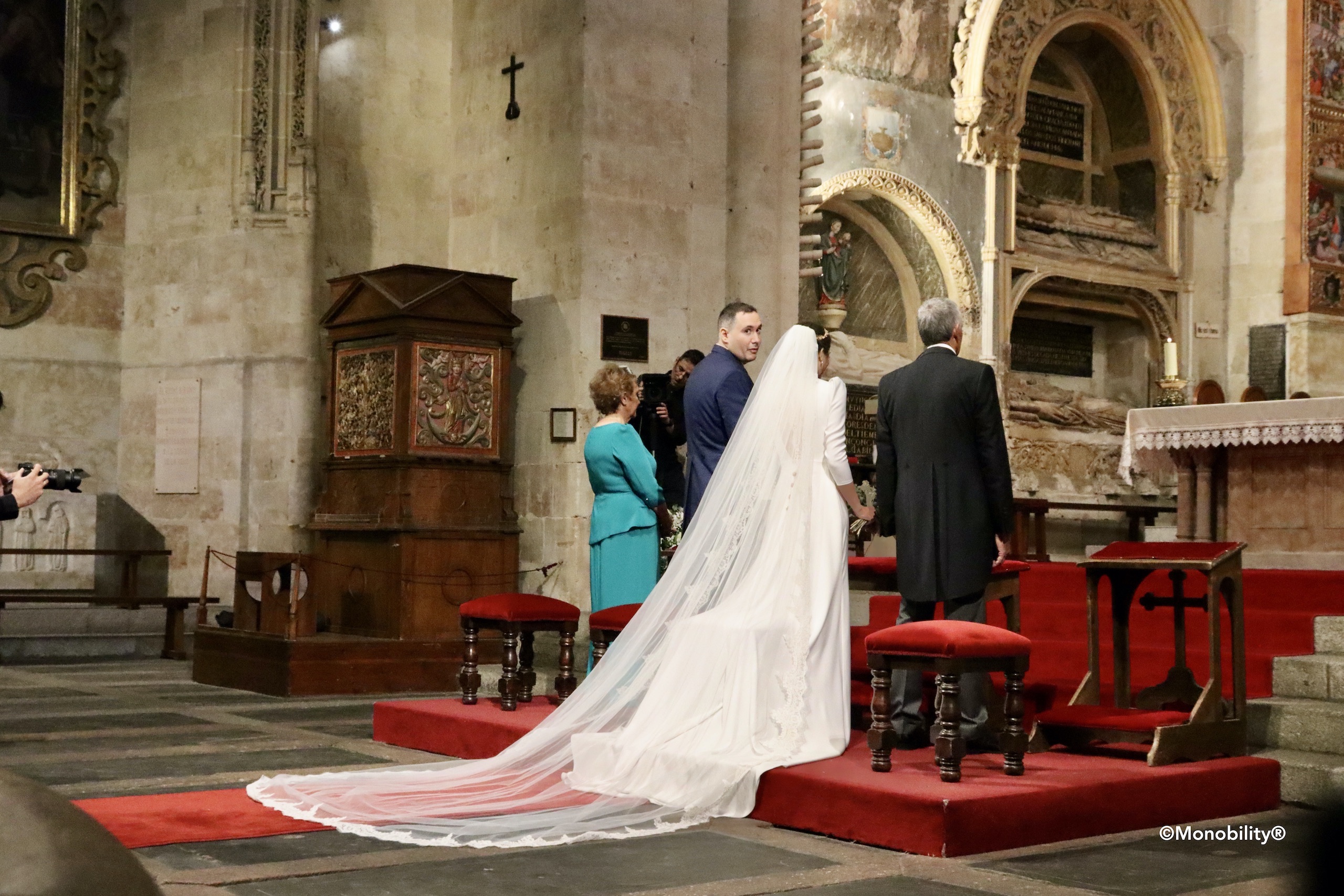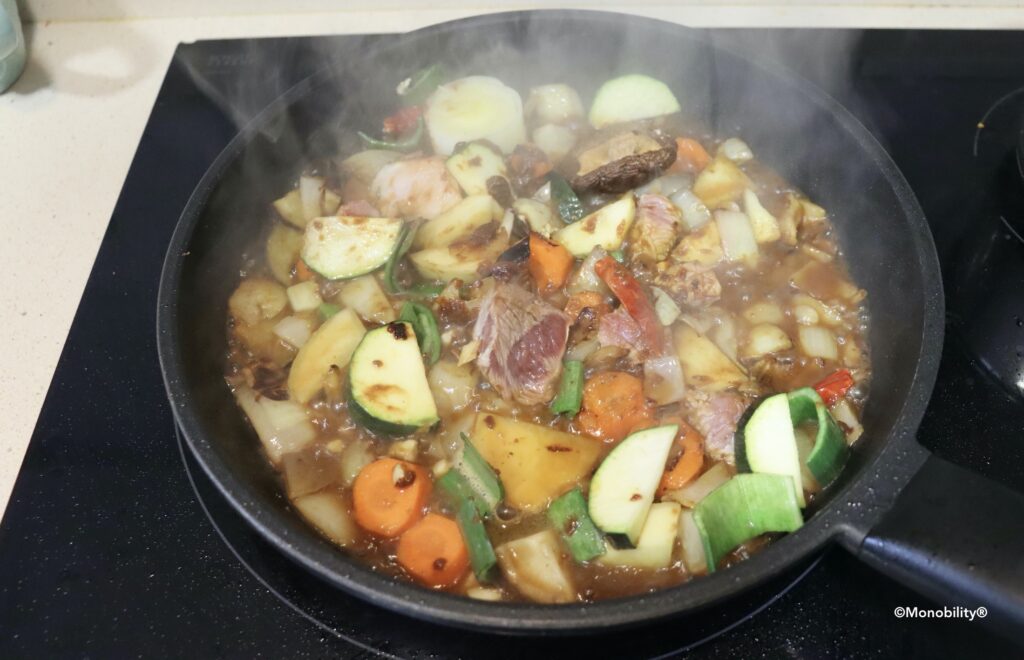Marrying in Korea is not the easiest thing to do in your life, as you may have noticed in various K-dramas that vividly depict harrowing pre-wedding rituals and horror stories involving your future in-laws, albeit somewhat exaggeratively. Fortunately or unfortunately, depending on your viewpoint on marriage, it is much easier to propose to marry speaking Korean. All you have to do is to memorize the following formula and NEVER deviate from it.
I. If you and your partner are not close friends of many years yet, and you still say “-요” at the end of sentences when you speak to each other:
- First (Given) name + 씨, 나랑 결혼해 줄래요? [나 me + 랑 with (familiar form of 와/과) => 나랑 (with me); 결혼 marriage + 하다 do => 결혼하다 to marry; 결혼해 주다 to allow (me) to marry [(verb root)+아/어/해 주다 is used when you ask for permission => 결혼해 줄래요? Will you allow me to marry you? ]
II. If you and your partner are already close friends, and you currently don’t add “-요” at the end of sentences when you speak to each other:
- First (Given) name + 아/야, 나랑 결혼해 줄래? [ +아/야 are the usual vocative particles. Add 아 if the name ends with a consonant; Add 야 if it ends with a vowel.]
Once again, linguistically speaking, the key to your success in getting “Yes!” is NEVER to deviate from the above formula. If you deviate one way or another, it would sound awkward, not natural, and sometimes, not sincere enough. In particular,
- Do NOT say last (family) name + 씨. This is impolite in most situations in Korea, and when someone proposes, it is unimaginable to make this common mistake which is often committed by foreigners assuming that -씨 simply corresponds to Mr. or Mrs. It does not. Between a couple, you can say First name + 씨 instead.
- Do NOT say “결혼할래요?” if you want to sound sincere. In Korean, “결혼할래요?” simply sounds like “Do you want to marry me?” whereas “결혼해 줄래요?” is asking him/her permission, i.e., “Will you allow me to marry you?”
- Do NOT say “나와” to mean “with me.” The postposition -와/과 which means “together with…” is more of a written expression, and when it’s used with pronouns in spoken Korean, it often sounds very formal or not natural. With pronouns and names in conversations, use “-랑” instead. Hence, “나랑.”
Please listen to 박민영 and 고경표 propose to each other in the final episode of the recent “월수금화목토 Love in Contract (2022),” a fabulously humanistic rom-com with a highly creative storyline where this lovely actor/actress couple seems to be in the prime of their acting career. You see? Proposing something to someone is not that big of a deal. What matters in life is, as in dramas, what happens AFTERWARDS. What matters in all our human relationships is what we do AFTER everything is said and done.
지호씨, 나랑 결혼해 줄래요? Ji-ho, will you marry me?
네, 그럴께요 Yes, I will
키스해, 키스해! Kiss, kiss!
상은아, 나랑 결혼해 줄래? Sang-eun, will you marry me?
– 월수금화목토 Love in Contract (2022), Ep. 16



